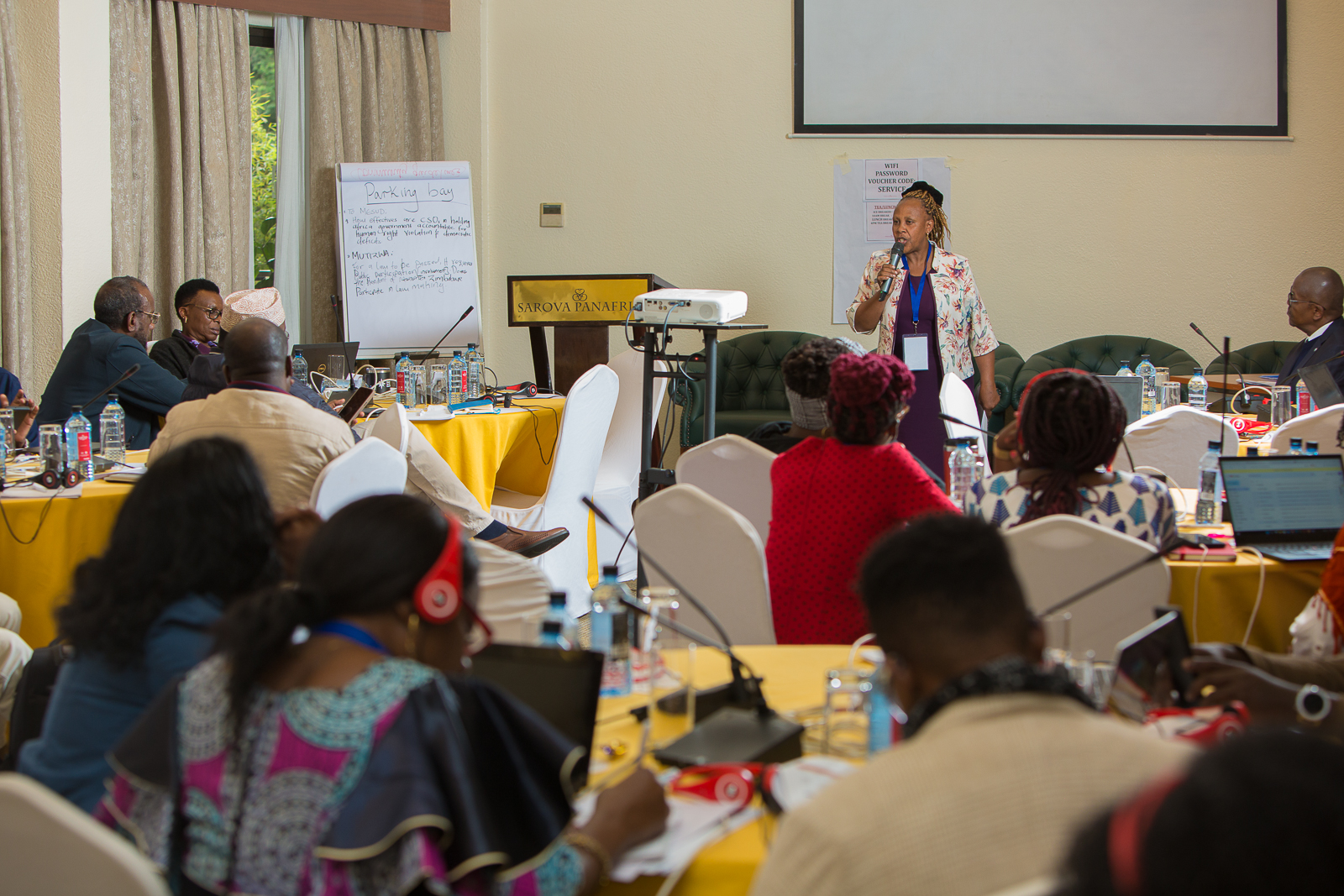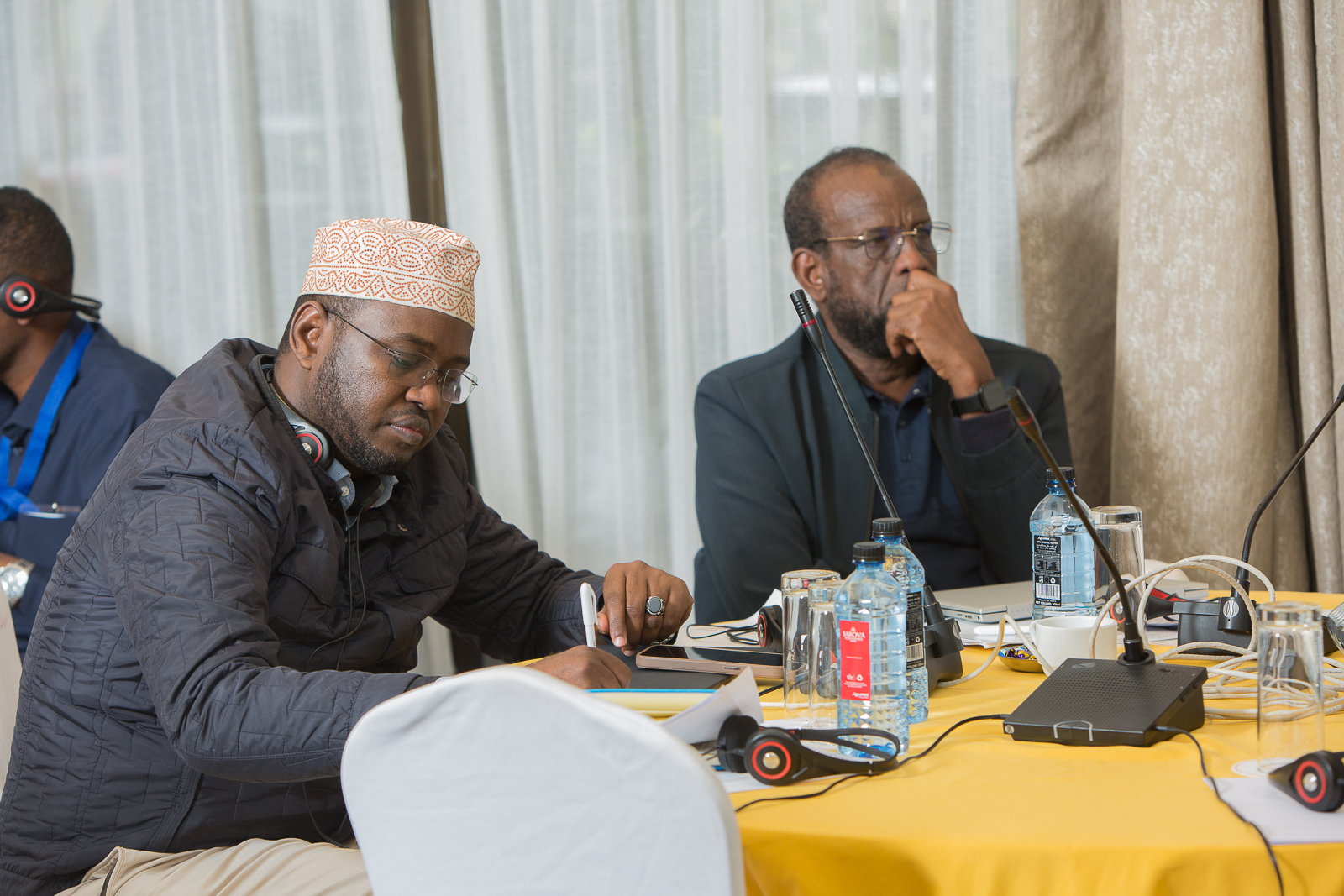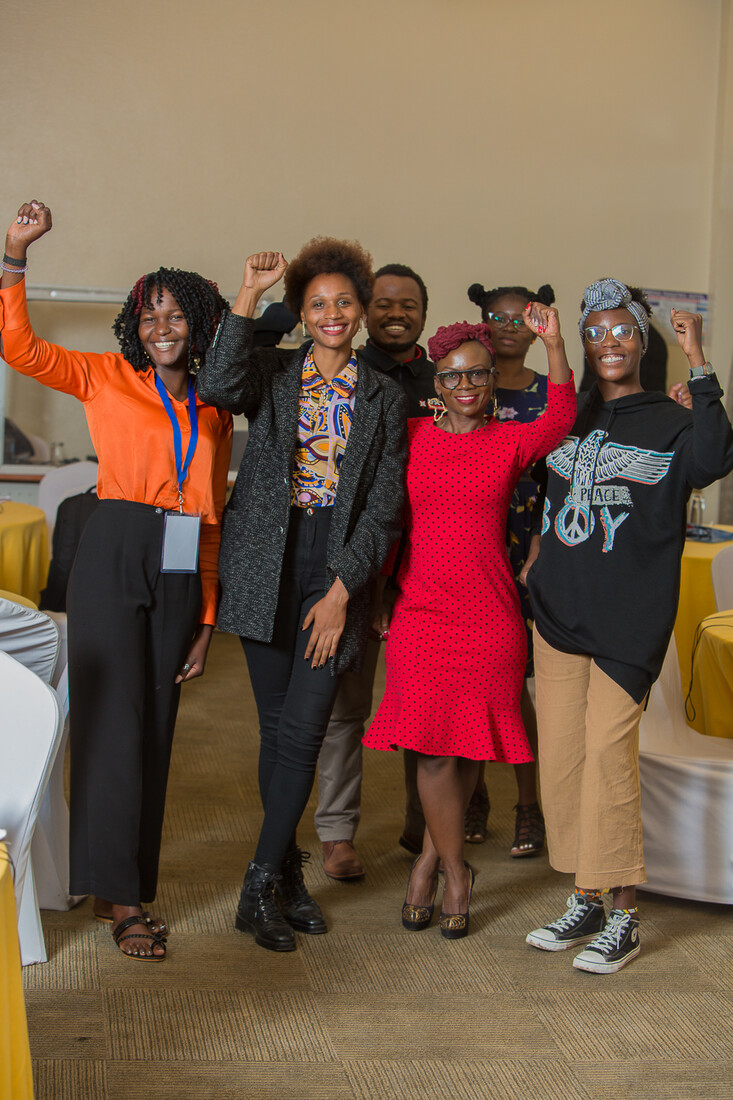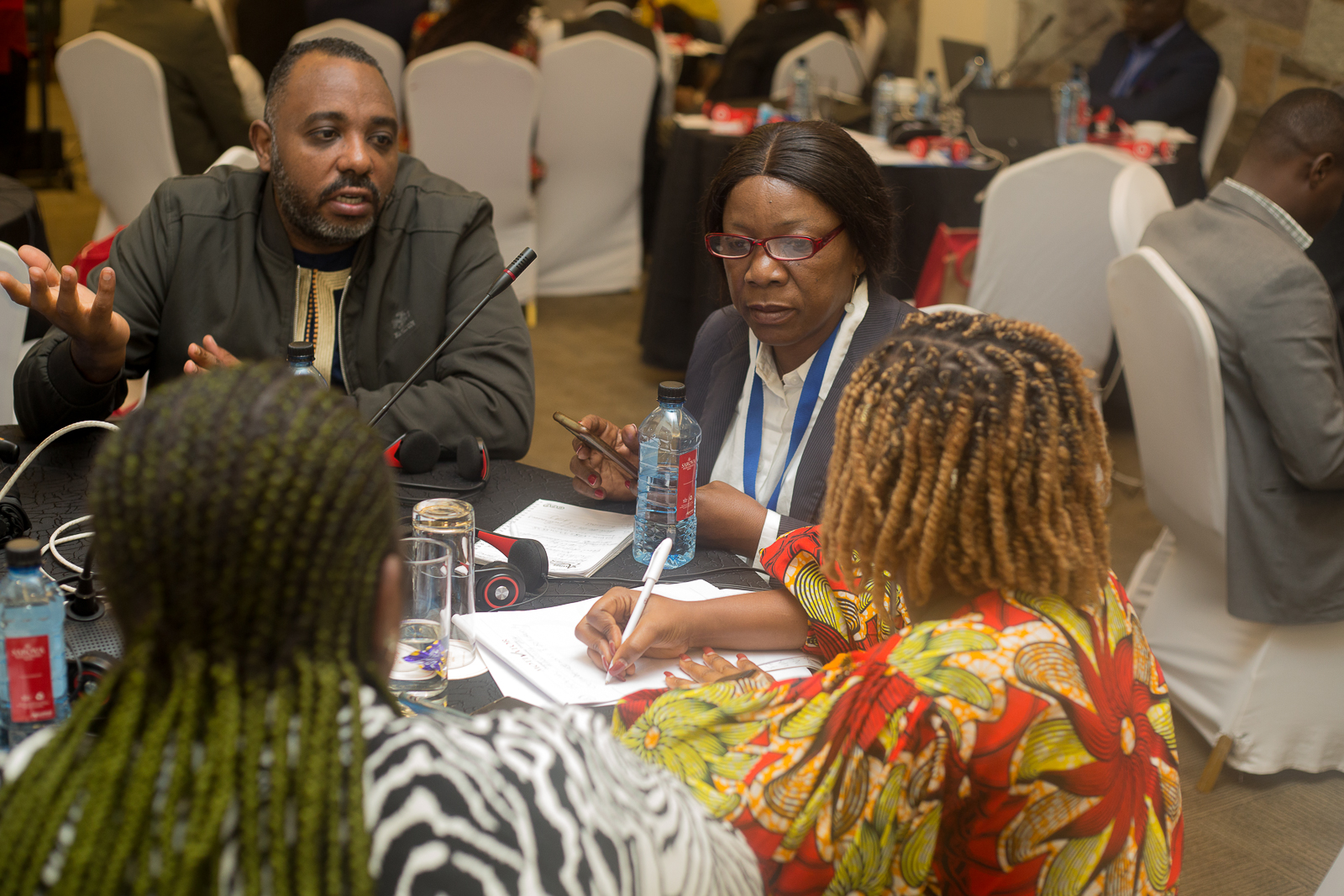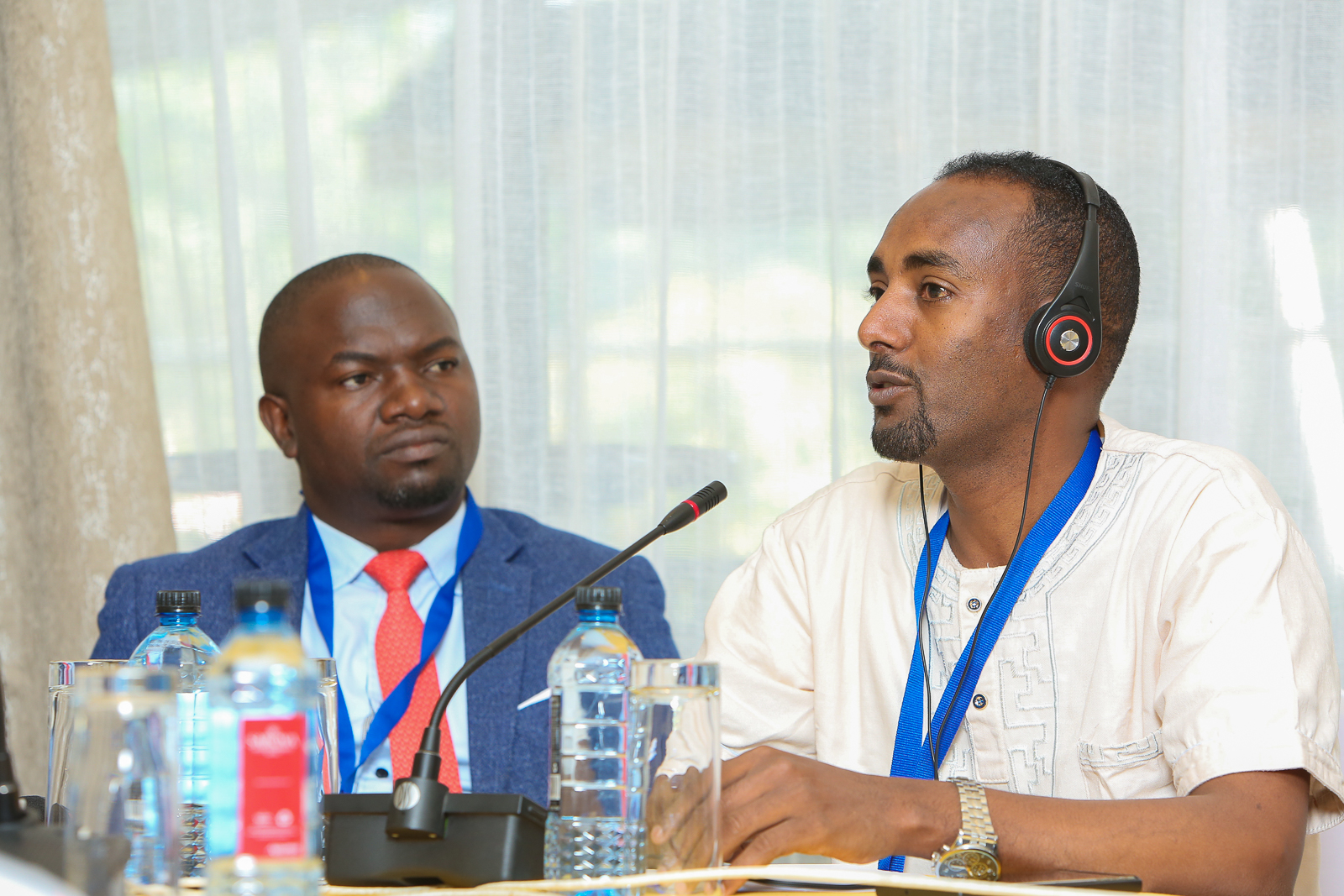
Last year, people from 13 African countries came together in Nairobi to discuss strategies for protecting civic space. The convening was part of the American Friends Service Committee’s Dialogue and Exchange Program (DEP). The DEP brings together Global South leaders—from the grassroots, civil society, and government—to explore problems they face and share ideas to solve them. In recent years, defending civic space has been a major focus of AFSC’s international work.
Participants at the Nairobi gathering included directors of community organizations, faith leaders, journalists, activists, and academics working on a wide range of issues, from food security to disability rights. During the convening, they found common challenges in their respective countries. In many places, governments had cracked down not only on protesters in the streets, but on any organizations doing social change work deemed “political.”
In some countries, speaking up for human rights carries a high cost. Several presenters spoke of having family and friends killed and receiving death threats themselves. One participant said AFSC’s gathering provided a safe space to talk about the challenges in their own country—where even a community conversation about gender-based violence can be monitored or shut down by police.
Presenters shared tactics that have helped keep civic space open, including awareness campaigns on social media, strategic use of the court system, and interfaith organizing. Above all, they agreed that taking action in coalition is essential. Power in numbers helps small organizations and individual human rights defenders stay safe and appeal to oversight groups.
Pauline Kamau, AFSC Quaker international affairs representative in Africa, organized the DEP. She hopes the convening will help human rights defenders speak with one voice to the African Union and other bodies that can hold governments accountable for abuses.
She called for peacebuilders around the globe to follow and publicize the work of African human rights defenders and journalists. “We need to hear voices from all over the world pointing at our continent, ensuring that they are being seen,” Pauline says. “Communication should be open between the government, the people, and the whole world.”
